Curious about whether capybaras can survive in Canada? The answer may surprise you! Watch as we explore the fascinating world of these adorable creatures and.. Yes you can own a capybara in Canada as the legality of capybara ownership varies across Canada. There are parts in Canada where you cannot own a capybara as a pet. Provinces such as Alberta, Manitoba, and Saskatchewan allow capybara ownership with certain permits or licenses. However, other provinces may have restrictions or prohibit ownership.
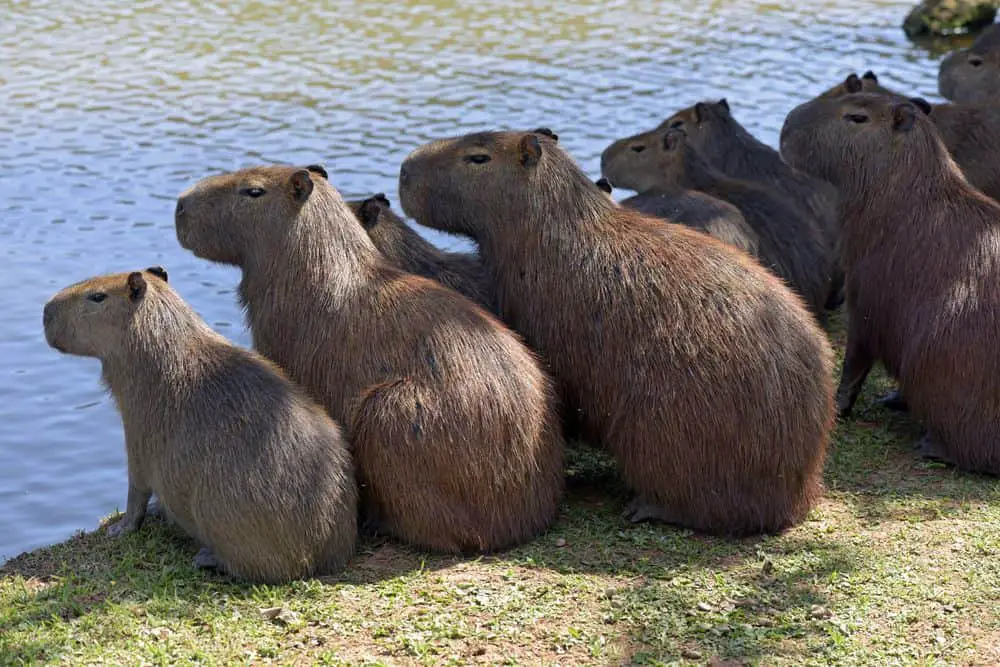
Are Capybaras dangerous? Here Are The Signs to Know It Animal World Facts

Are There Capybaras In Ecuador? Read This to Find Out Whether Capybaras Can be Seen in Ecuador
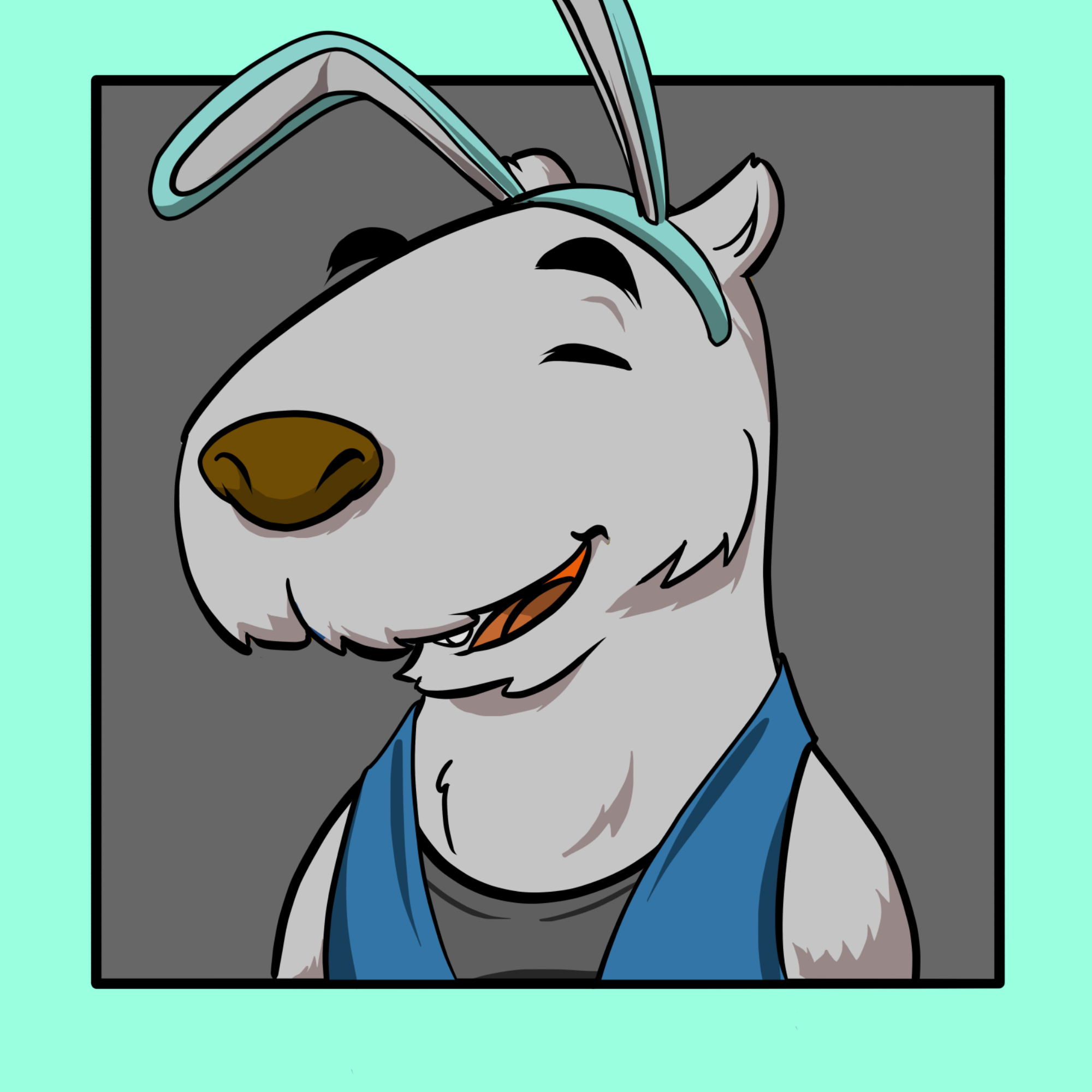
Invading Capybaras NFT Calendar
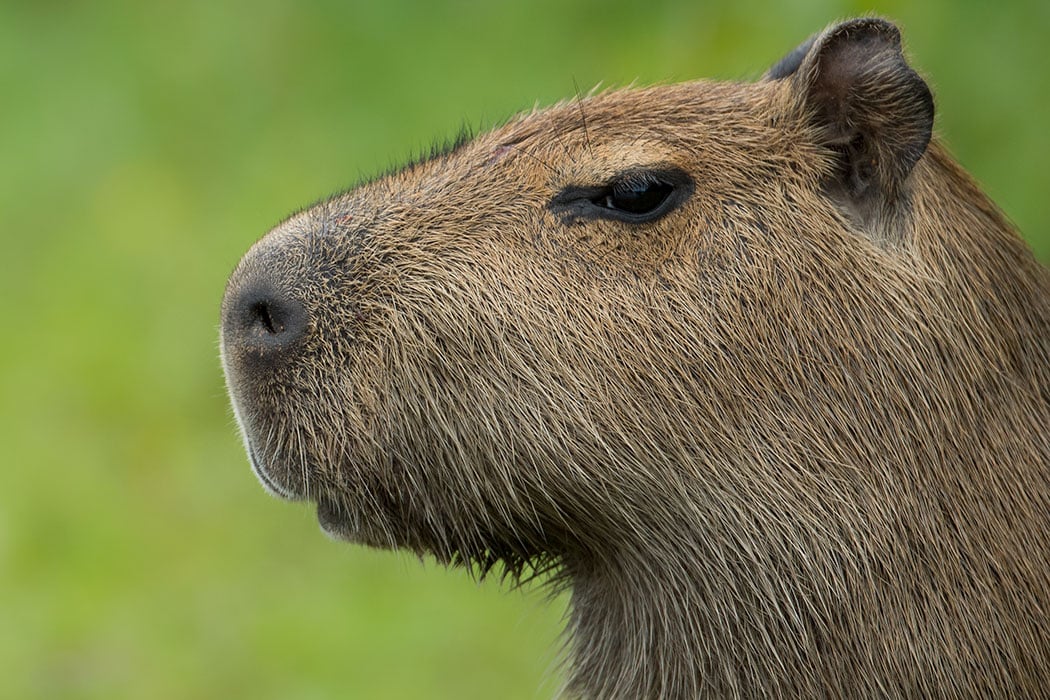
Adopt a Capybara Symbolic Adoptions from WWF

Pin on Allllll The Cuteness Cute Pictures & Funny Pictures

Capybara Free Stock Photo Public Domain Pictures
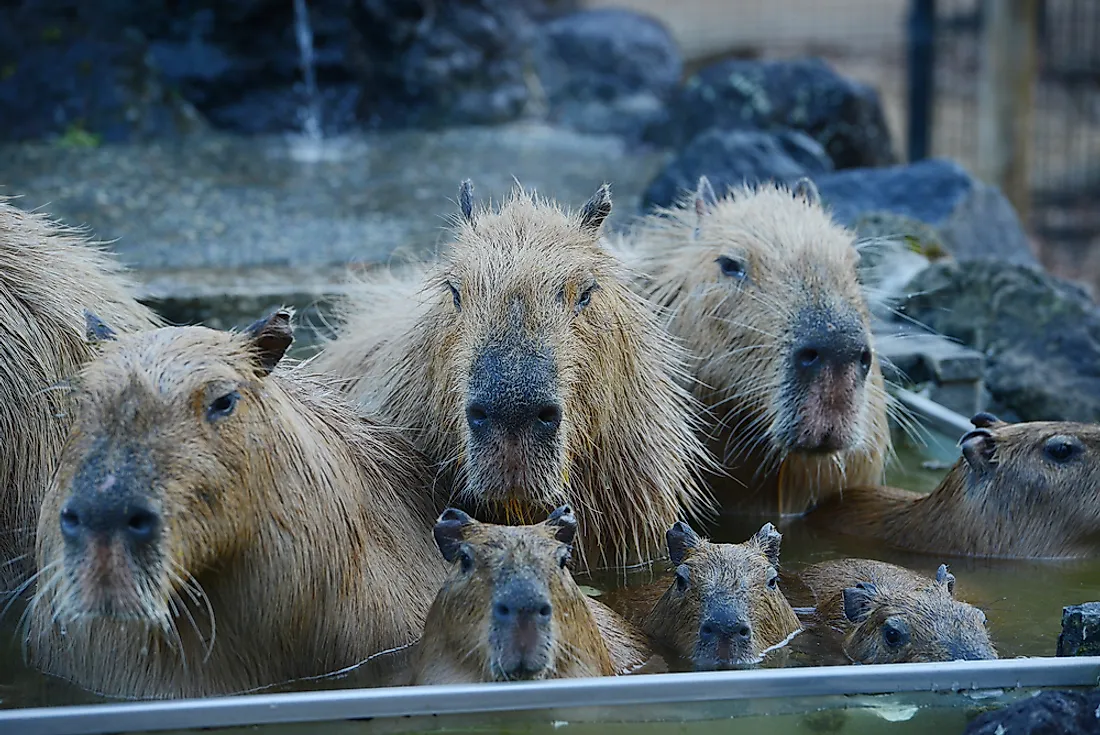
The Cabybara 10 Facts About the World's Largest Rodent WorldAtlas
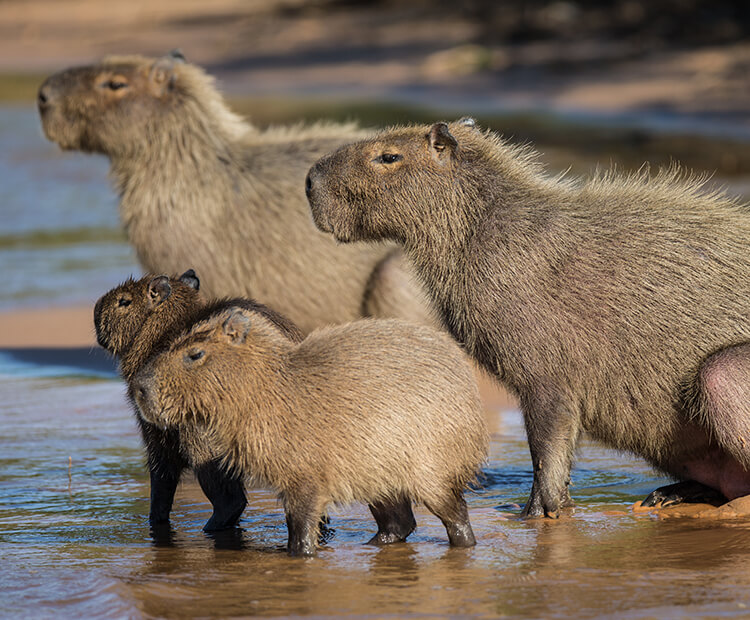
Happy capybaras! San Diego Zoo Kids

The High Park capybaras enthralled the city after their famous escape Friends of High Park Zoo
/arc-anglerfish-tgam-prod-tgam.s3.amazonaws.com/public/WKCZQ47N4RHVBJHTQXU6Z4SAOQ)
One of two escaped capybaras from Toronto's High Park Zoo captured The Globe and Mail
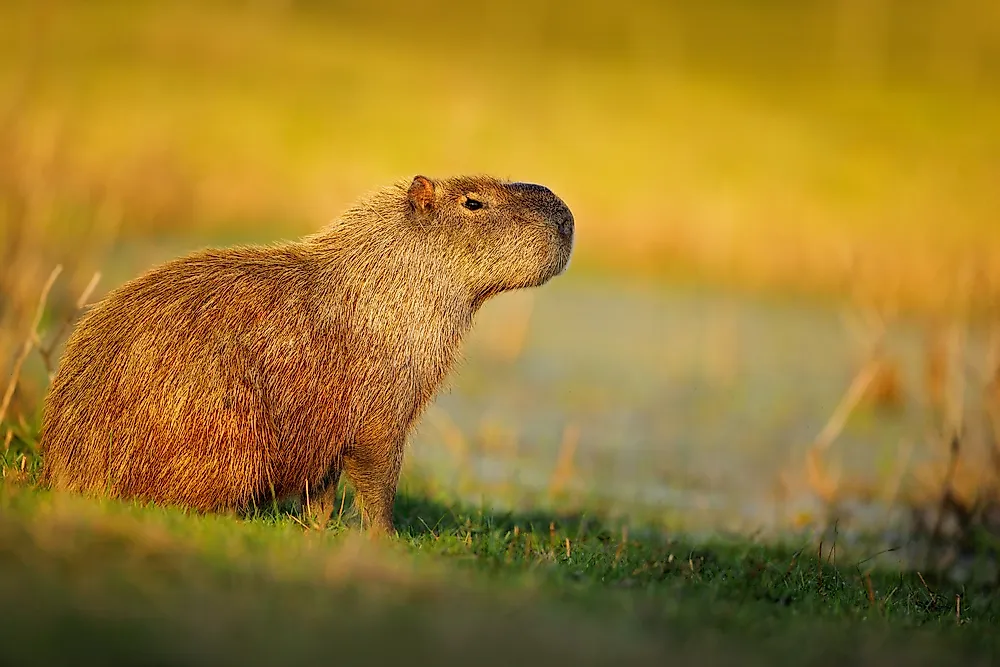
10 Amazing Capybara Facts

Capybaras Escaped From Toronto's High Park Zoo Still On The Run HuffPost Canada
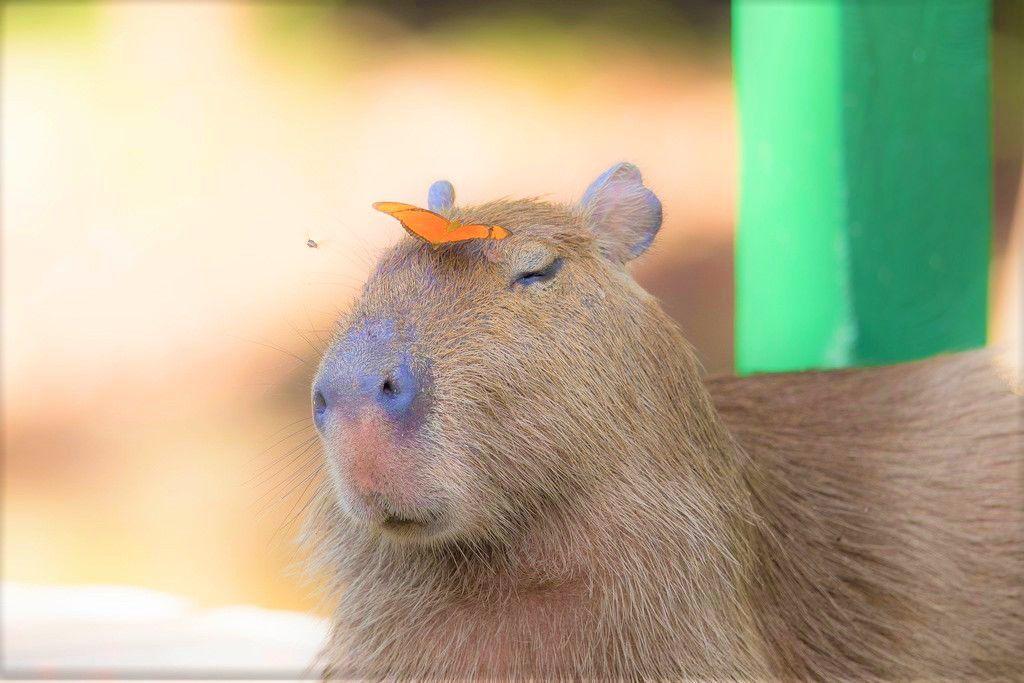
Capybara declared 'vermin' in Trinidad Stabroek News

Joe McDonald's Hidden Blog Spelling Bee Word Of The Day Capybara

Are There Capybaras In Canada? (Explained) AnimalFervor

All about Capybaras… ultimate guide to everything
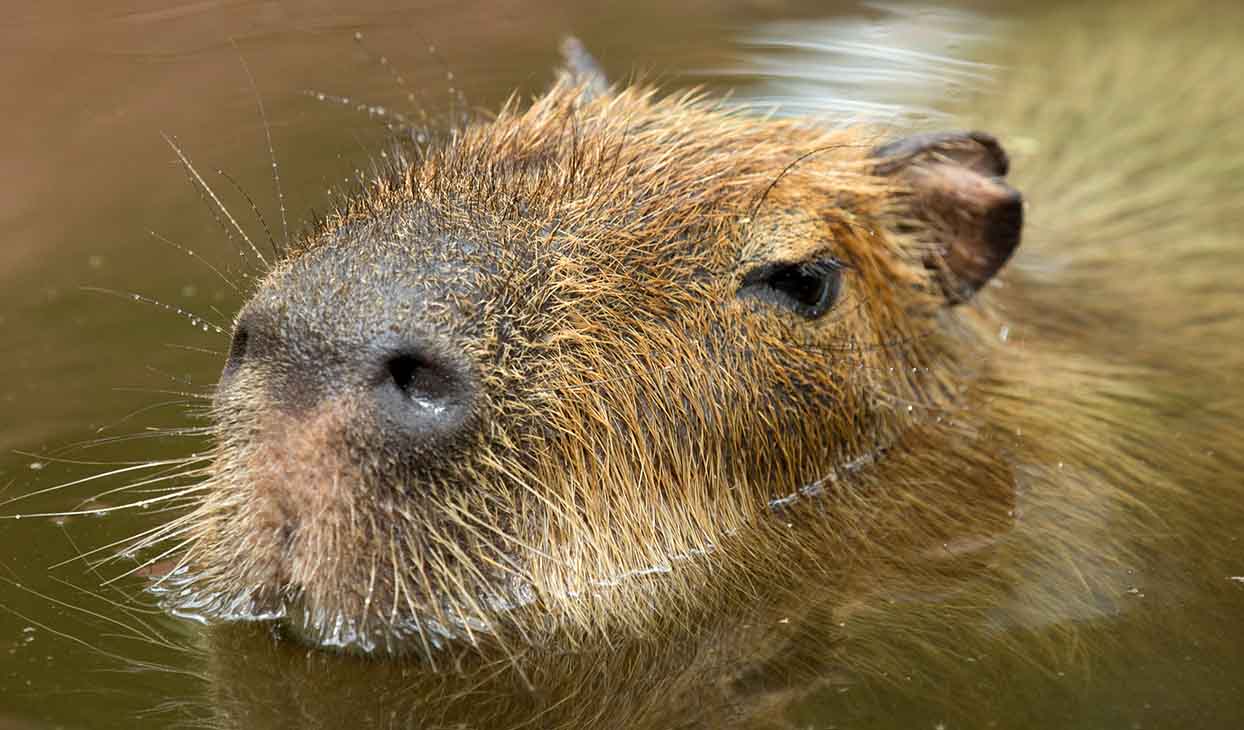
Capybara Currumbin Wildlife Sanctuary
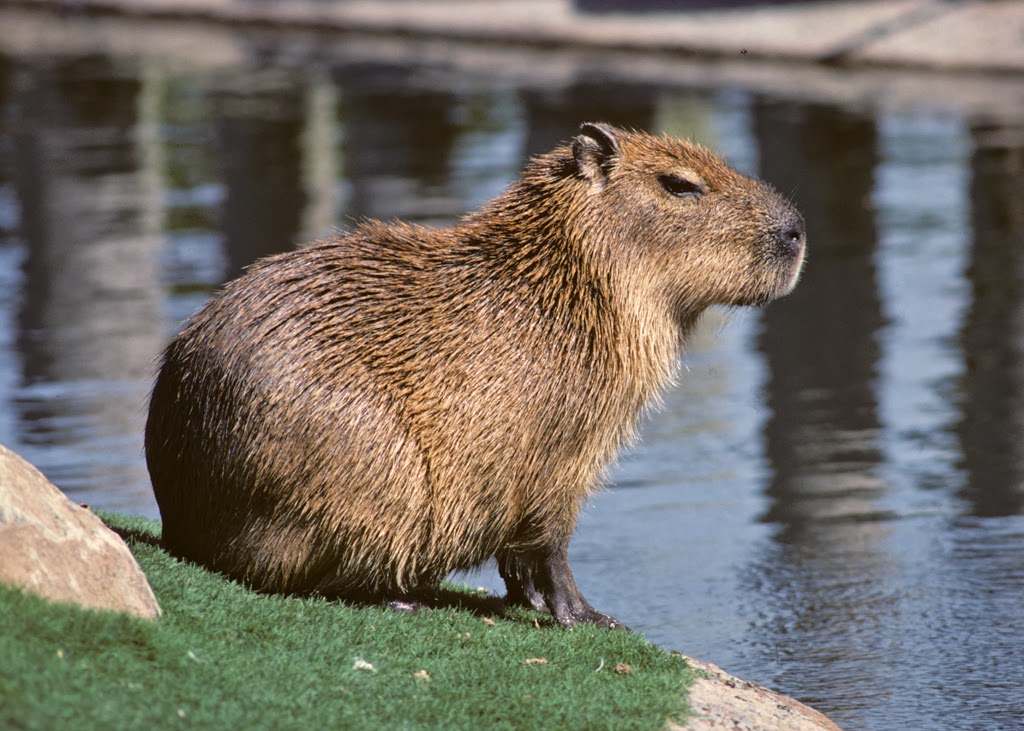
Capybara Animals Amazing Facts & Latest Pictures All Wildlife Photographs
Capybara Facts and Photos 2012 The Wildlife

Extremely Powerful Capybaras Official Announcement Trailer YouTube
Capybara. Hydrochoerus hydrochaeris. Capybaras are the world's largest rodents. They have a stocky, barrel-shaped body with short, coarse, and reddish-brown fur. Their heads are somewhat square-shaped, and they have large, dark eyes and ears. Capybaras have partially webbed feet and no tail. Conservation Status: IUCN.. Capybara young have even more to worry about—they are a favorite snack food of snakes like the boa constrictor, crab-eating foxes, small cats, and birds of prey like the caracara and black vulture.